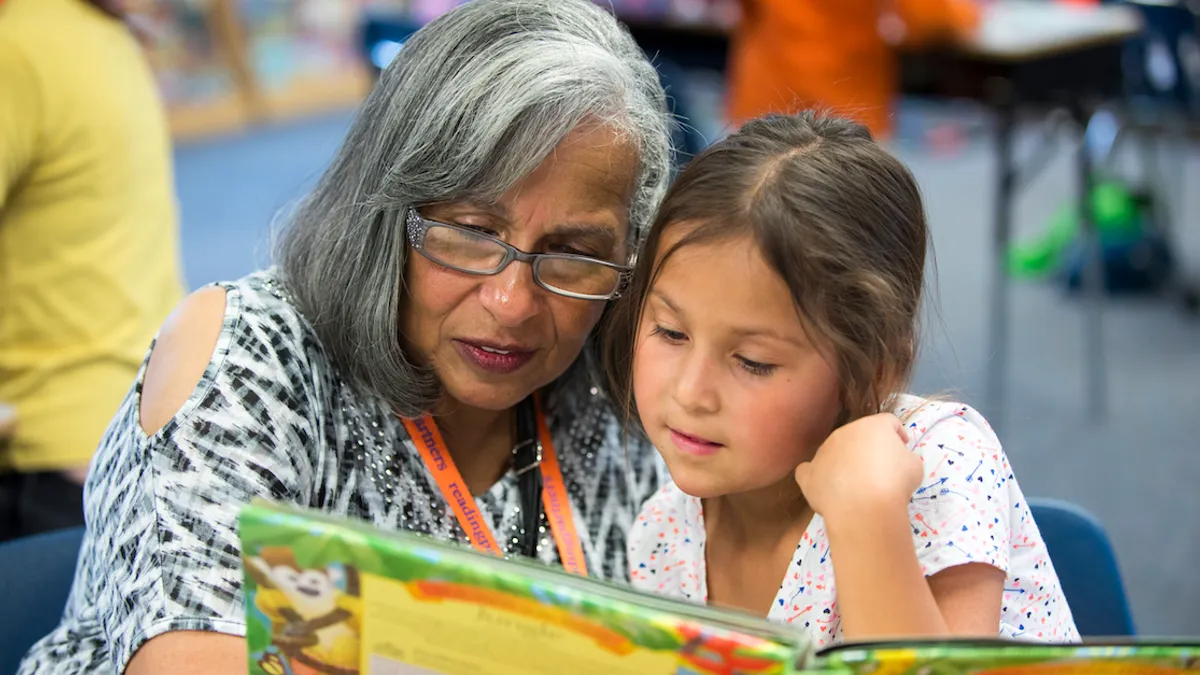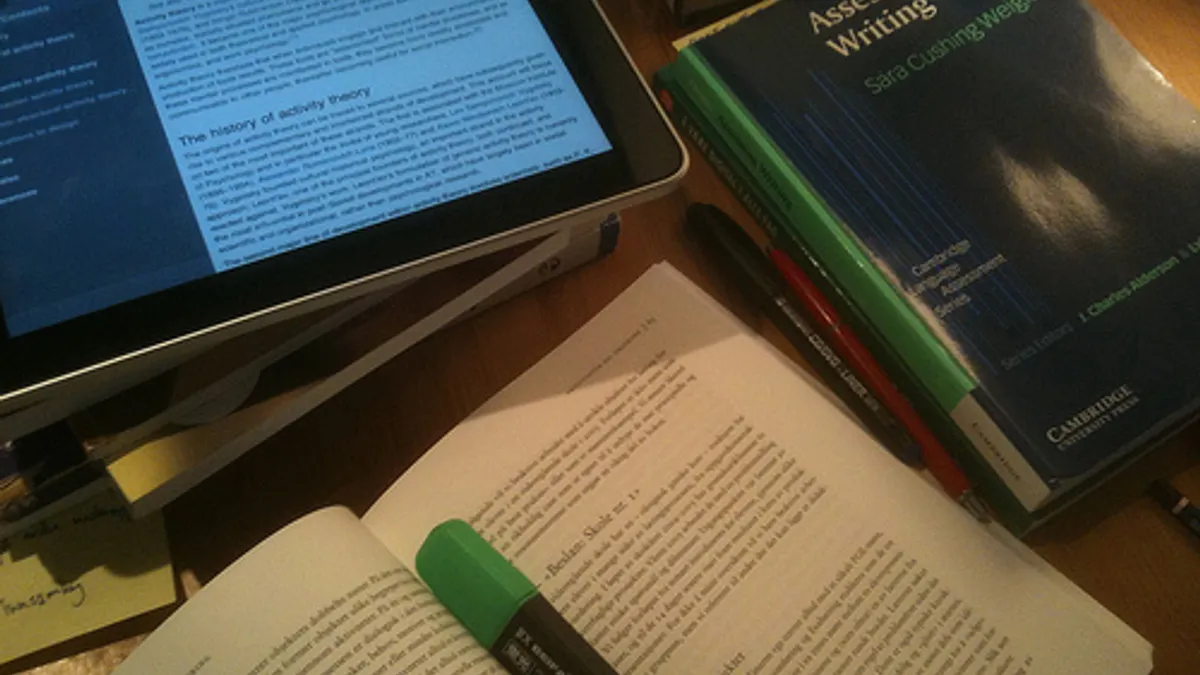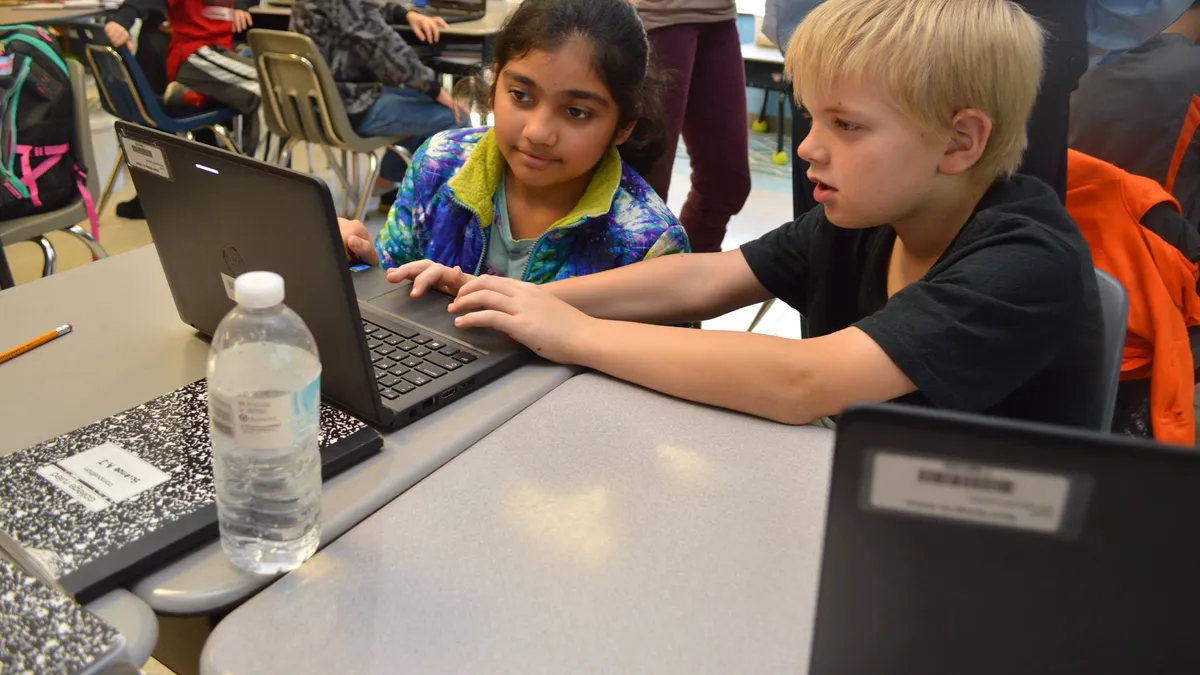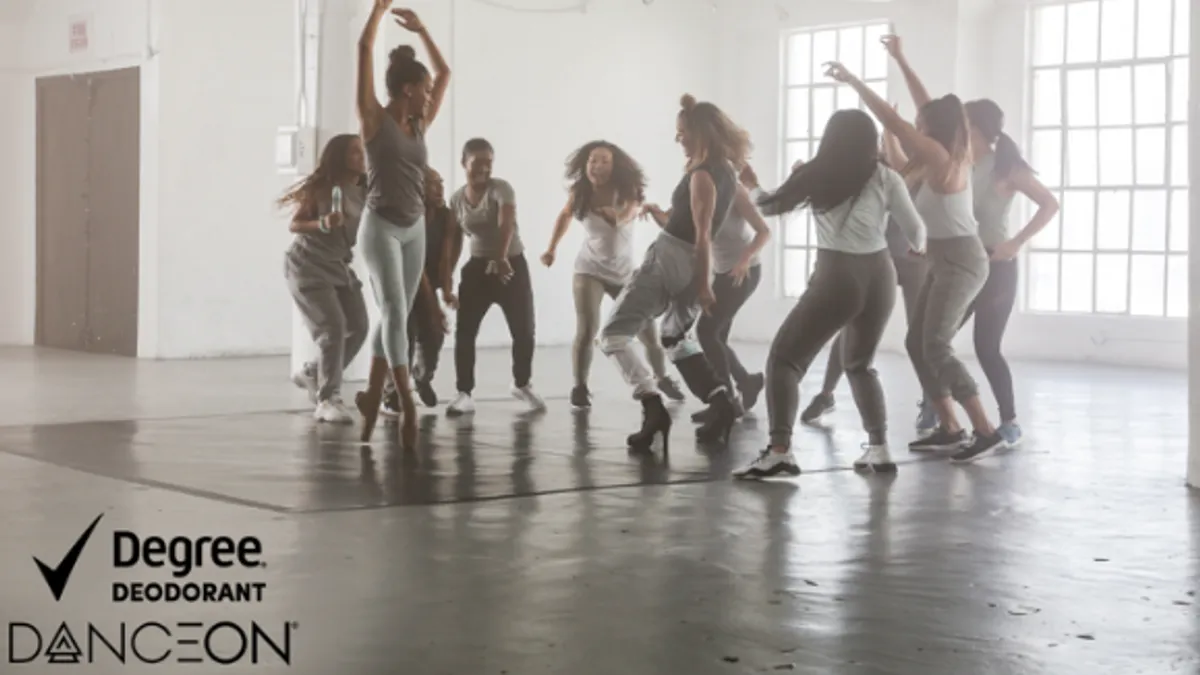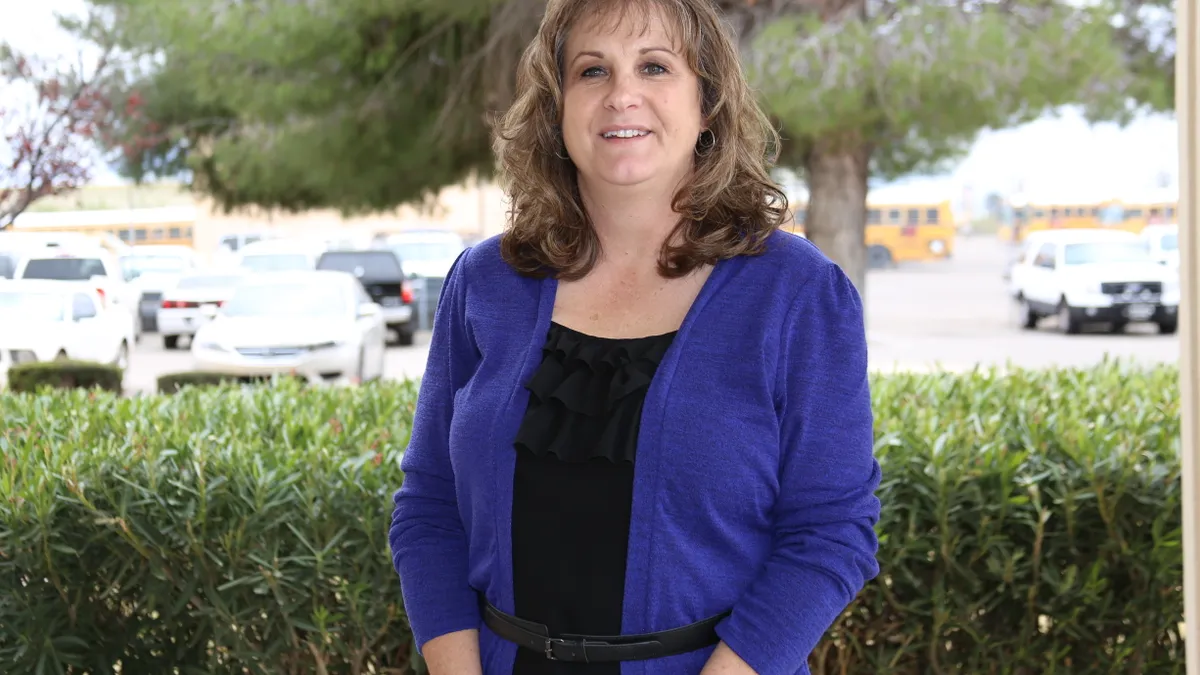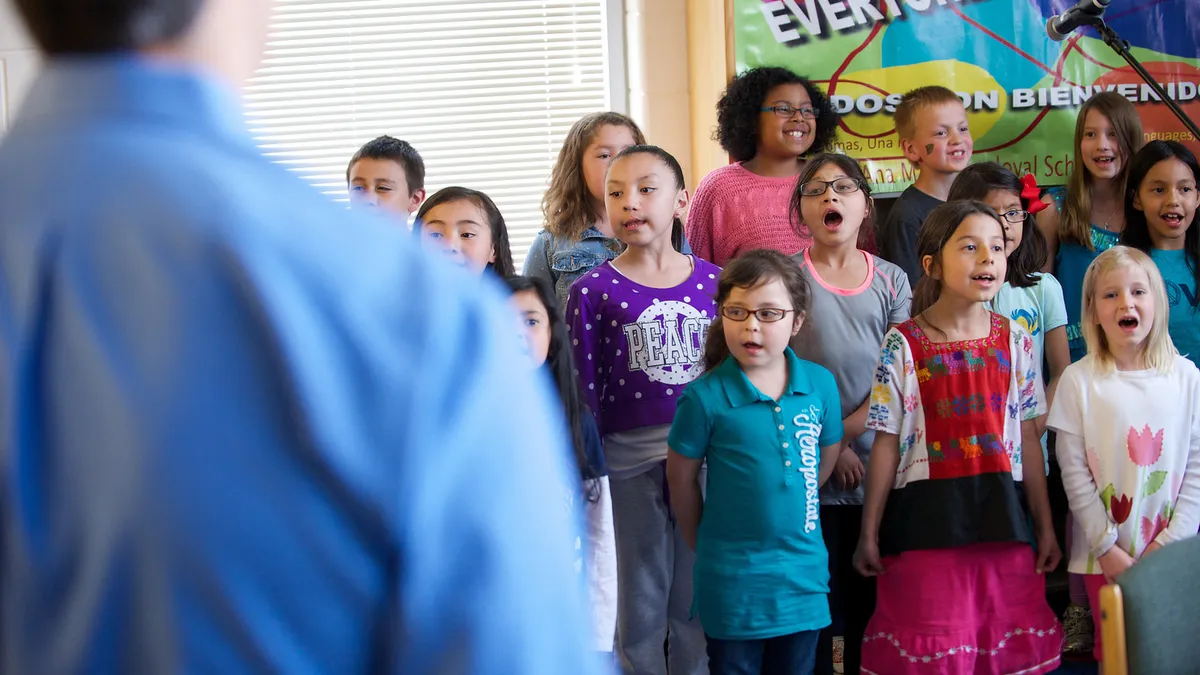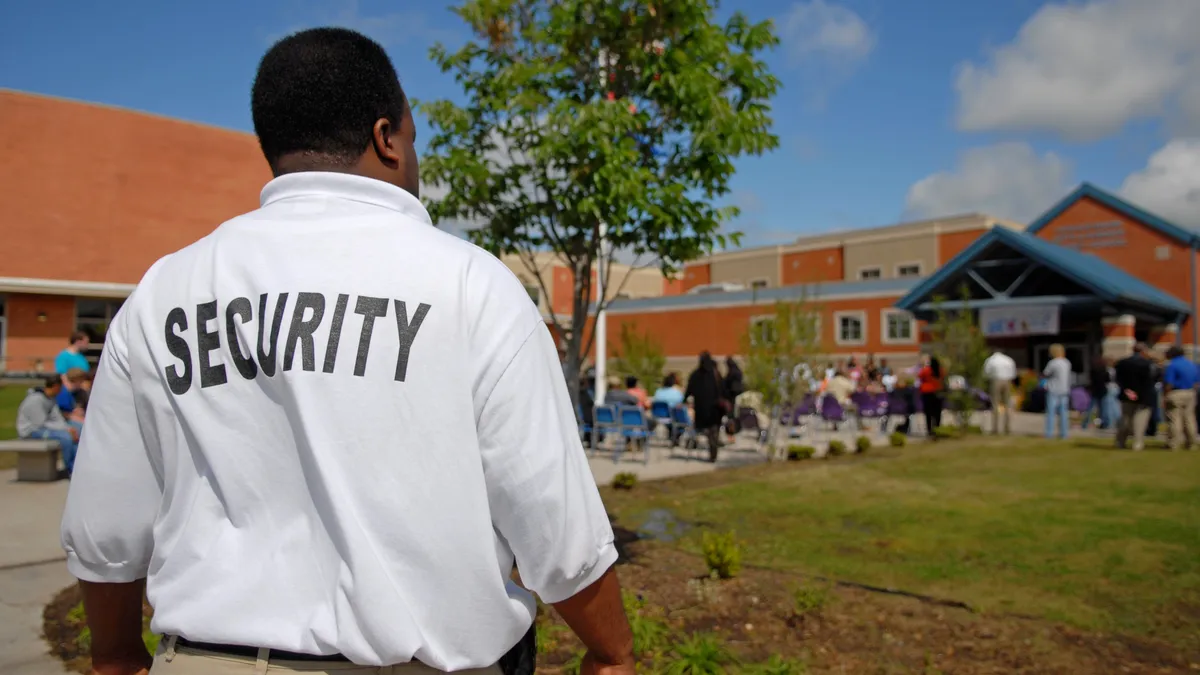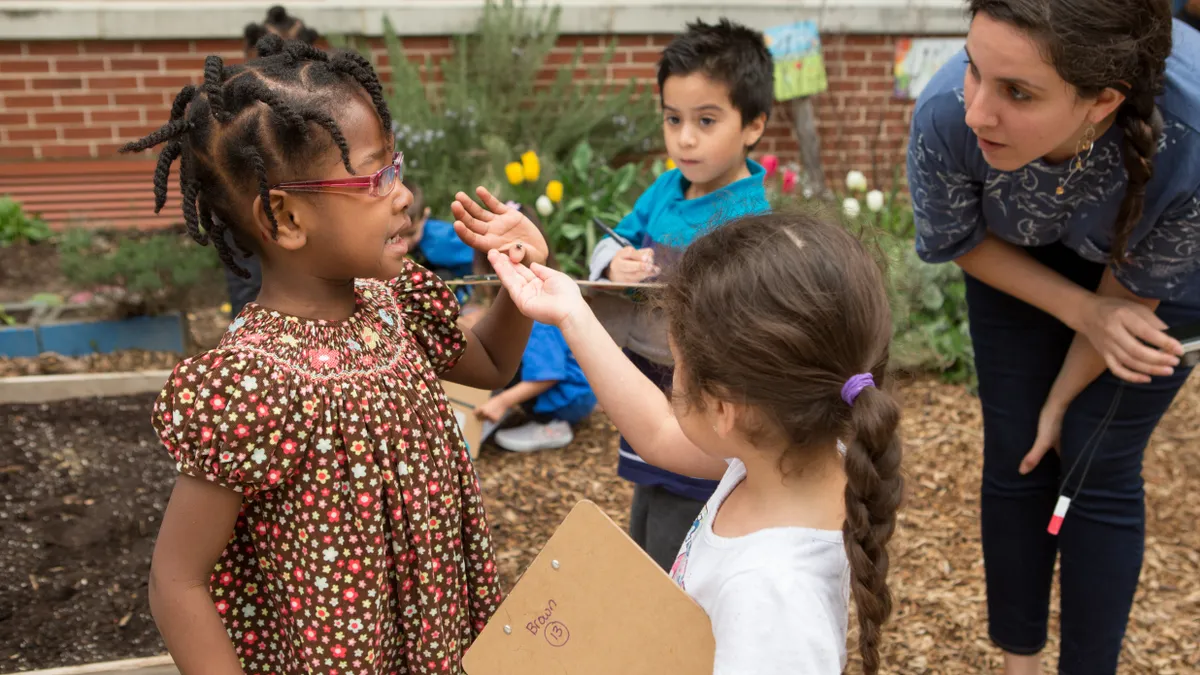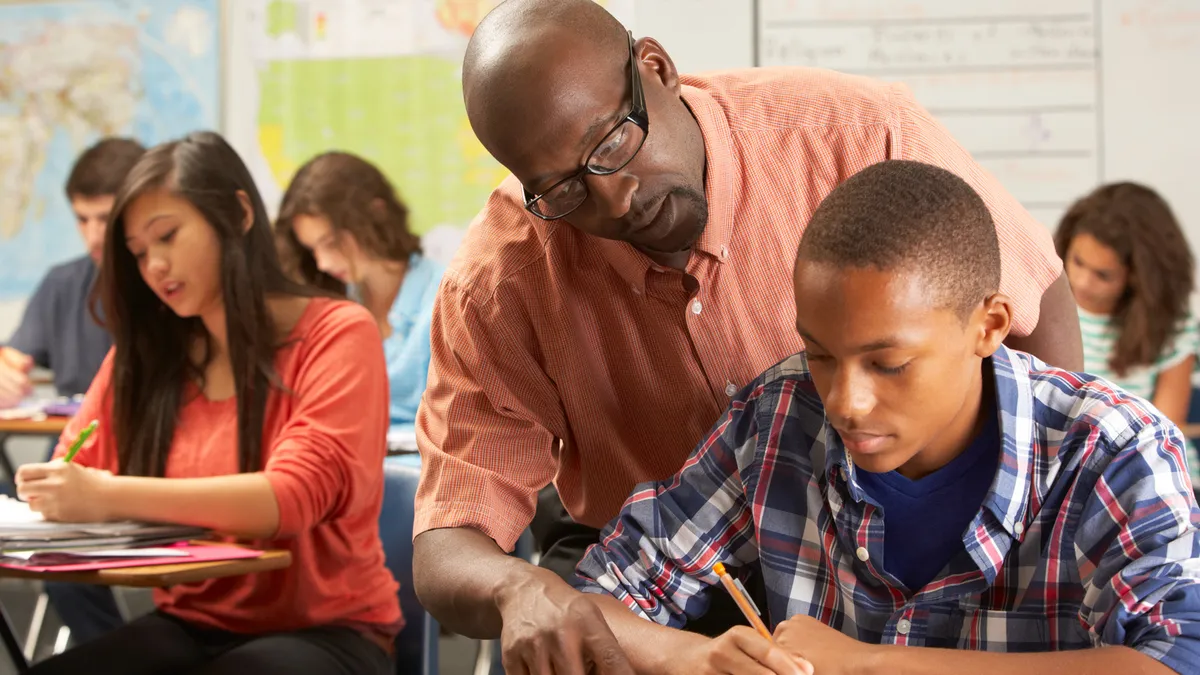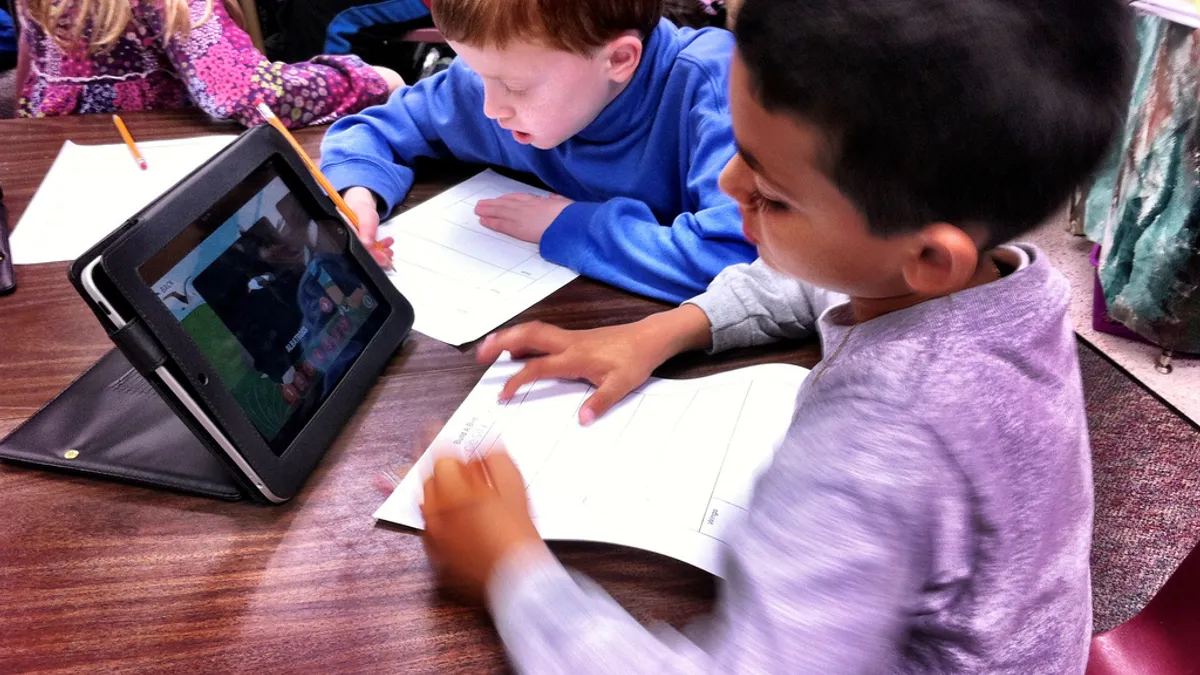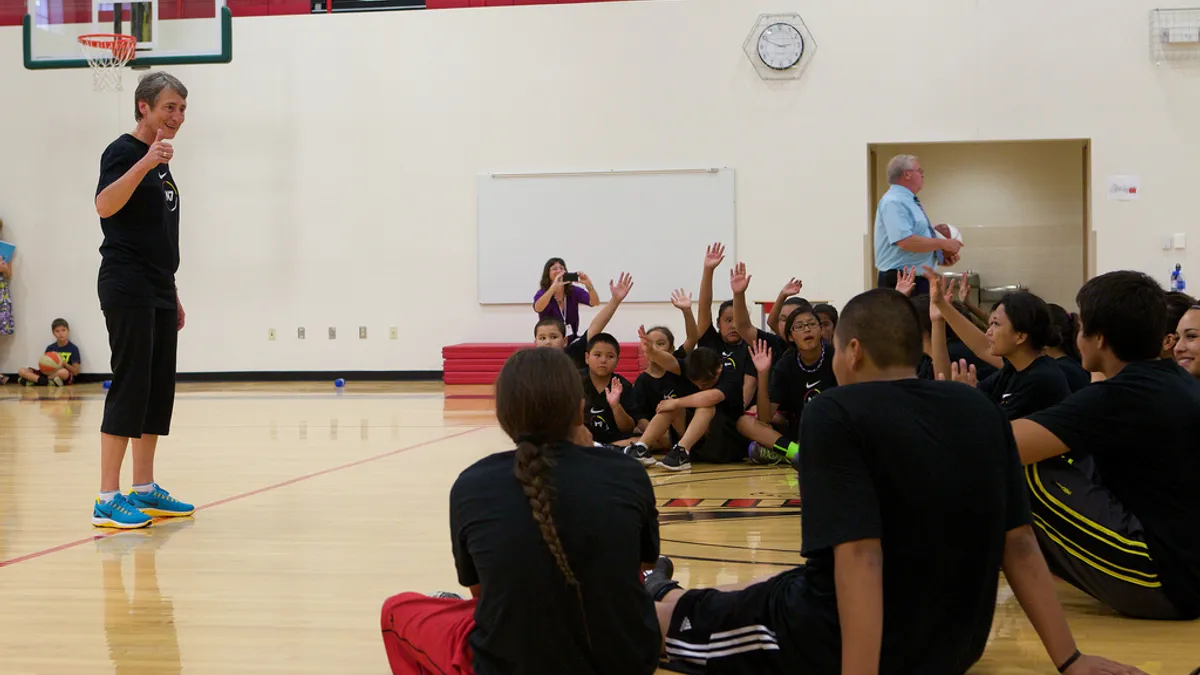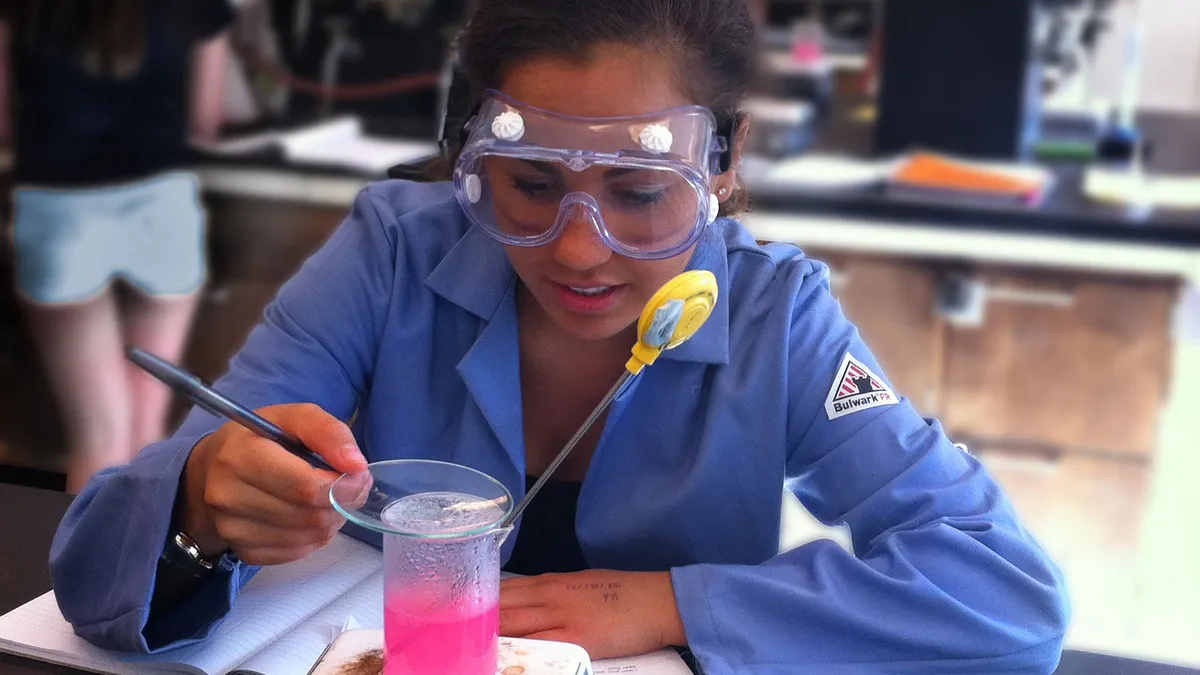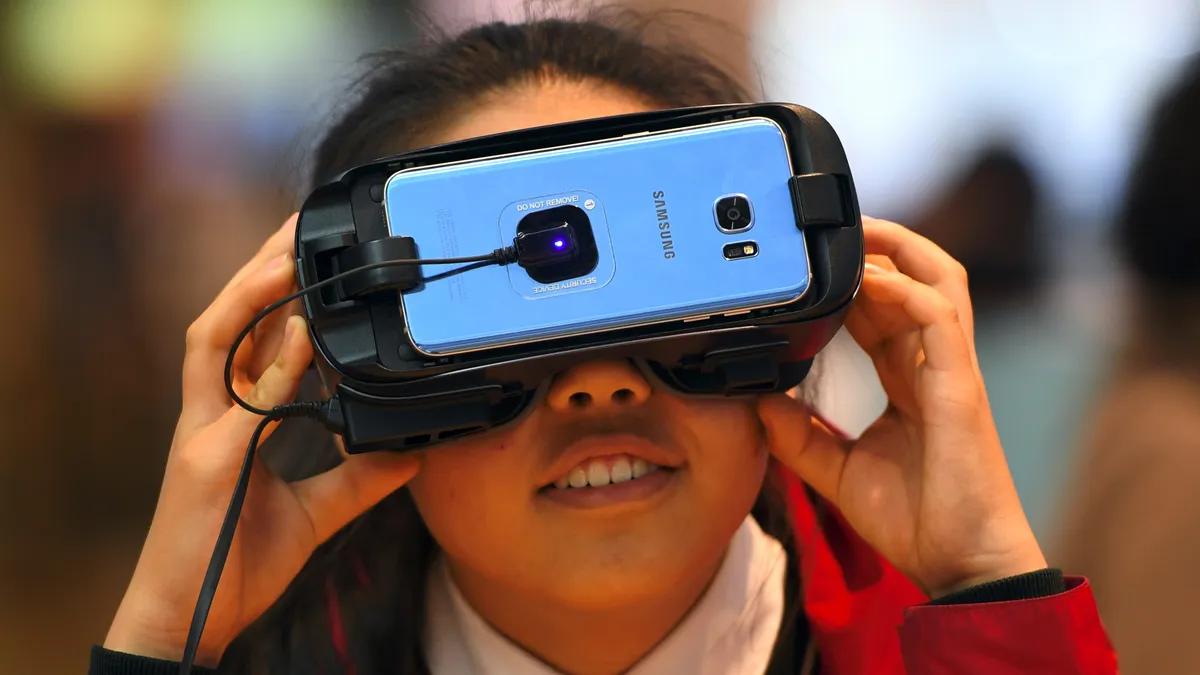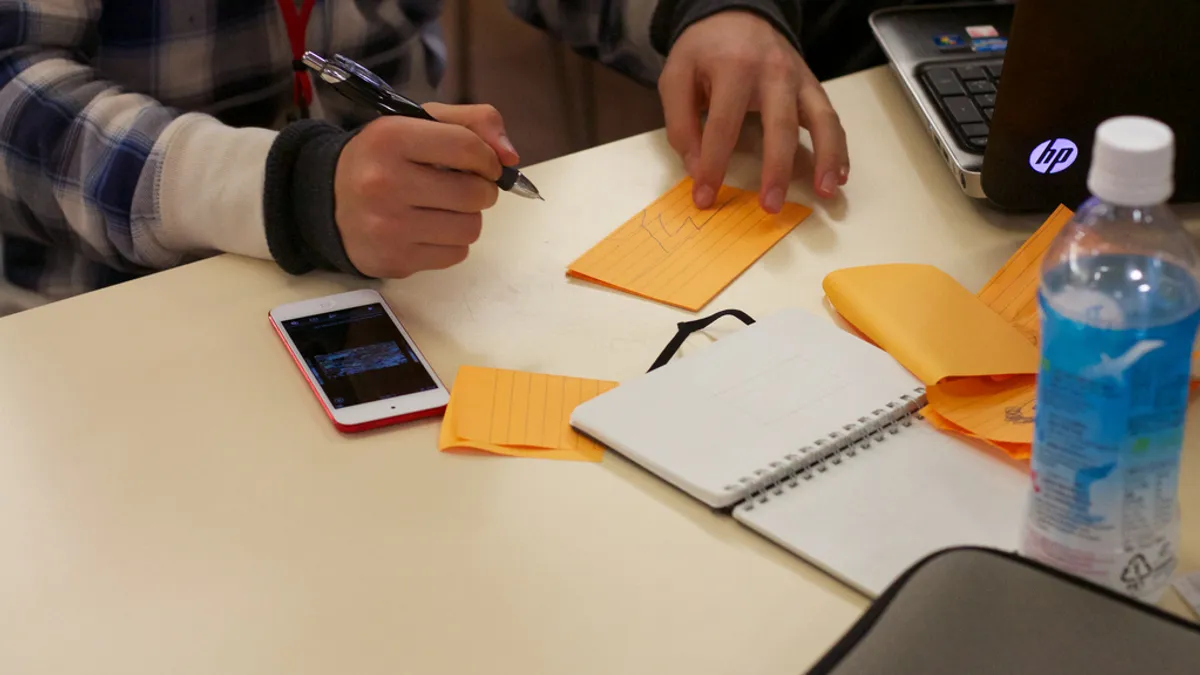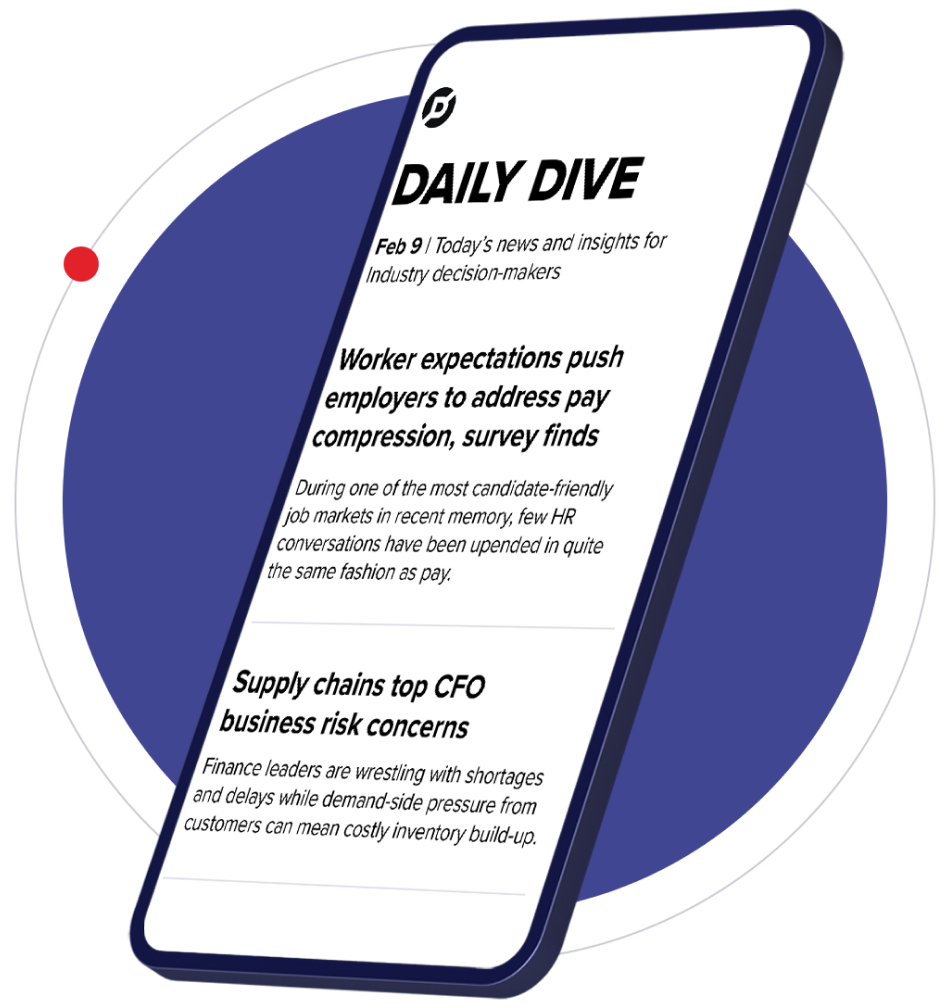Curriculum: Page 49
-
3 ways educators nationwide are working to disrupt dyslexia
A number of states and districts are embracing more research- and science-based approaches to literacy instruction amid growing recognition of the reading disability.
By Lauren Barack • June 19, 2019 -
School boards, educators struggle with accuracy amid textbook bias awareness
Social studies publication Studies Weekly recently conducted an internal review after a homework assignment asked a student to write from the viewpoint of a Southern plantation owner in support of slavery.
By Naaz Modan • June 19, 2019 -
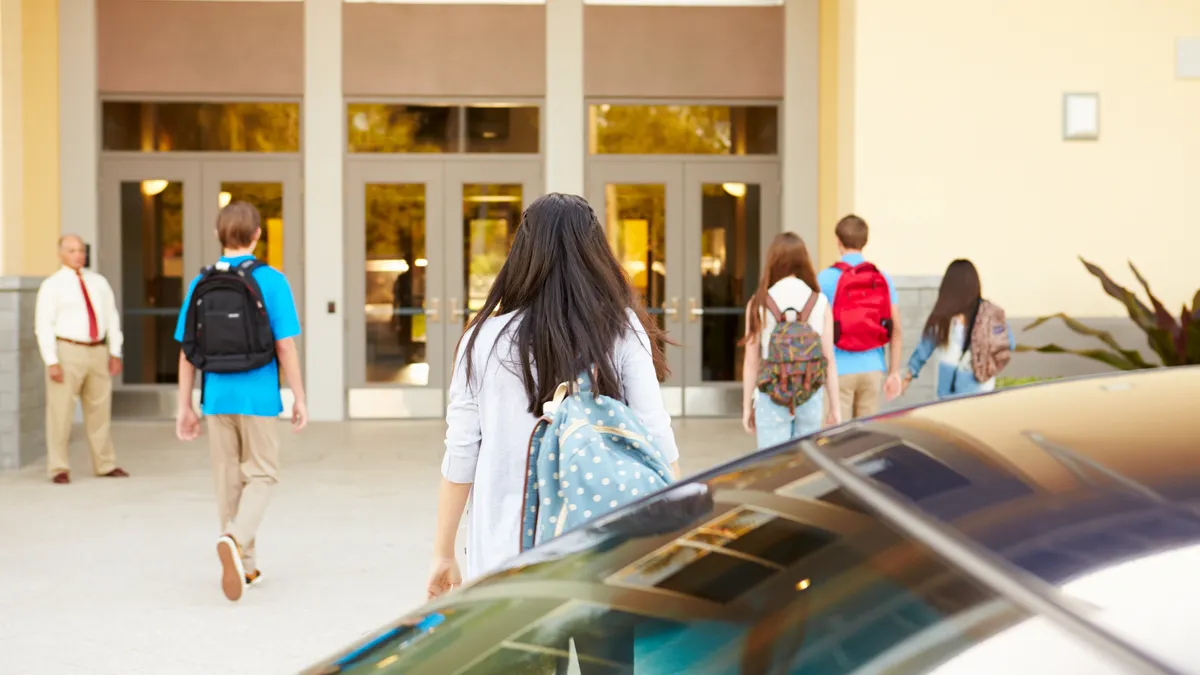 Explore the Trendline➔
Explore the Trendline➔
 Stock Photo via Getty Images
Stock Photo via Getty Images Trendline
TrendlineTop 5 stories from K-12 Dive
K-12 Dive has gathered some a selection of our best coverage from 2024 so far as a one-stop resource on the trends to watch in the months ahead.
By K-12 Dive staff -
NWEA, Khan Academy partner to give students targeted resources based on test results
A new program being piloted in four districts across California and Nevada will link student test results to suggestions for additional learning material.
By Lauren Barack • June 12, 2019 -
When adopting ed tech tools, keep accessibility a top priority
An administrator from Massachusetts' Perkins School for the Blind stresses the importance of resources that weigh the full spectrum of students' abilities.
By Lauren Barack • June 12, 2019 -
Burnout remains a concern when rolling out new programs
Pacing is key to keeping teacher stress at manageable levels and ensuring success in the transition from traditional to more active learning models.
By Lauren Barack • June 12, 2019 -
Dance provides another avenue for cross-curricular lessons
One educator has used the principles of dance, namely choreography, to demonstrate how programming is also built through a series of steps.
By Lauren Barack • June 12, 2019 -
Q&A
Curricular Counsel: District CAO says becoming 'curriculum snobs' part of team's success
By forgoing retrofitted resources for new standards, Sunnyside Unified School District's Pam Betten is keeping student agency and identity front-and-center in approaches to 1:1 devices, SEL and more.
By Roger Riddell • June 12, 2019 -
Report: Arts a vehicle for teaching SEL skills
Self-management, self-discipline and relationship skills are among social-emotional competencies students can practice through the arts, according to the Consortium on School Research at the University of Chicago and Ingenuity.
By Linda Jacobson • June 11, 2019 -
Social-emotional learning plays key role in trauma recovery, tragedy prevention
Trauma impacts students for years after an initial event, but a New Jersey principal suggests ongoing SEL programming gives students tools to deal with adverse events at school and home.
By Shawna De La Rosa • June 6, 2019 -
CTE program pairs teens, preschoolers for STEM learning
A Miami-Dade program helps high school students gain hands-on experience in the early-childhood education profession while imparting the younger students with skills they'll need when they enter school.
By Lauren Barack • June 5, 2019 -
Breaking silos between IT, academic departments boosts curriculum
When district IT and academic staff work together, they can better ensure classrooms are equipped with the tools offering the most benefit to students.
By Lauren Barack • June 5, 2019 -
Playing games reduces learning anxiety for students
A former math teacher and academic coach suggests even low-tech solutions like Rubik's Cubes can help students nervous about new material ease into unfamiliar terrain.
By Lauren Barack • June 5, 2019 -
Deep Dive
3 ways educators can dig deeper in lessons on historical conflicts
With milestone anniversaries for D-Day and the Treaty of Versailles this month, history educators can dig deeper to re-engage students rather than rehashing the same primary details.
By Lauren Barack • June 5, 2019 -
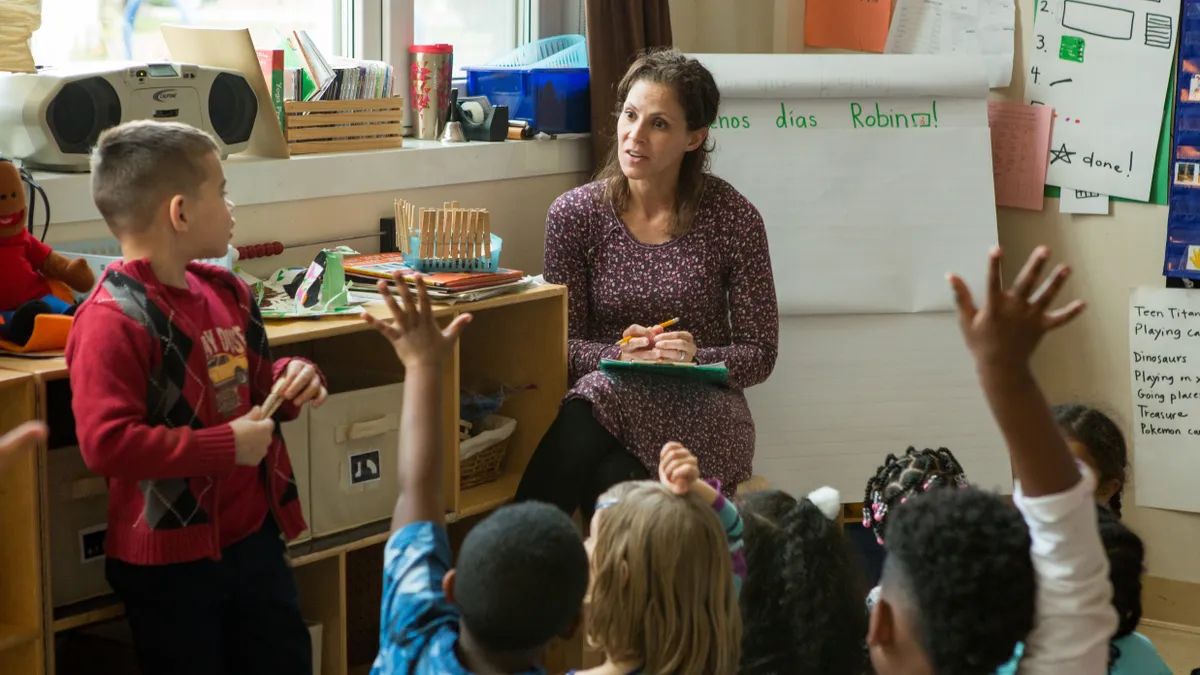
 Courtesy of Allison Shelley/The Verbatim Agency for American Education: Images of Teachers and Students in Action.
Courtesy of Allison Shelley/The Verbatim Agency for American Education: Images of Teachers and Students in Action.
Principals, teachers prioritize social-emotional skills for students
The new RAND Corp. survey results come as Congress proposes $260 million in funding for SEL programs and whole-child initiatives.
By Linda Jacobson • May 30, 2019 -
District shifts strategy to provide personalized roadmap
By adapting class schedules and using a new approach to grading, Utah's Juab School District aims to treat students as individuals.
By Lauren Barack • May 29, 2019 -
As McGraw-Hill explores AR tools for chemistry, how can schools test the waters?
There are a number of inexpensive augmented reality apps curriculum directors and teachers can test in the classroom for a taste of what the tech has to offer.
By Lauren Barack • May 29, 2019 -
Student-led curriculum more engaging, but pitfalls remain
Before encouraging teachers to adopt the approach, chief academic officers must consider that not all students could be inspired by a given, popular idea, or that teachers might need additional prep time for lessons.
By Lauren Barack • May 29, 2019 -
Diverse role models shape the futures students envision
Studies show while 70% of 6-year-olds draw a woman when asked to sketch a scientist, just 16% of 16-year-old girls do the same, highlighting the importance of representation in how students perceive future career fields.
By Lauren Barack • May 29, 2019 -
Q&A
Common Cents: George Lucas Foundation details strategy of exploring innovation without being prescriptive
Co-founder Steve Arnold says the foundation's goal is to inspire and inform by sharing what's working, rather than telling educators what to do.
By Roger Riddell • May 23, 2019 -
Reading out loud can benefit students of all ages
Stronger critical thinking and comprehension skills are among the benefits for students when teachers read aloud.
By Lauren Barack • May 22, 2019 -
Wearables may boost physical education — if data is used appropriately
It's important for school leaders to consider how health data on students is used and stored.
By Lauren Barack • May 22, 2019 -
Vetting digital resources on tough topics offers additional media literacy opportunity
Finding reliable resources on topics like climate change can be difficult, but the process also offers opportunities for lessons on critical thinking.
By Lauren Barack • May 22, 2019 -
Deep Dive
Take STEM lessons outside of the box with these 3 approaches
Meeting student demand for "participation in fun, science-related projects and competitions" may not be as difficult as it sounds.
By Lauren Barack • May 22, 2019 -
As K-12 virtual reality use grows, researchers consider impact on children
While the long-term effects on development remain unclear, experts recommend limiting time and ensuring that immersive media experiences are "positive, productive and safe."
By Linda Jacobson • May 22, 2019 -
Computational thinking bridges gaps between subjects
A 5th-grade teacher makes the case that the skill, often associated with STEM, can also help students grasp connections between content areas like writing and the arts.
By Lauren Barack • May 15, 2019

